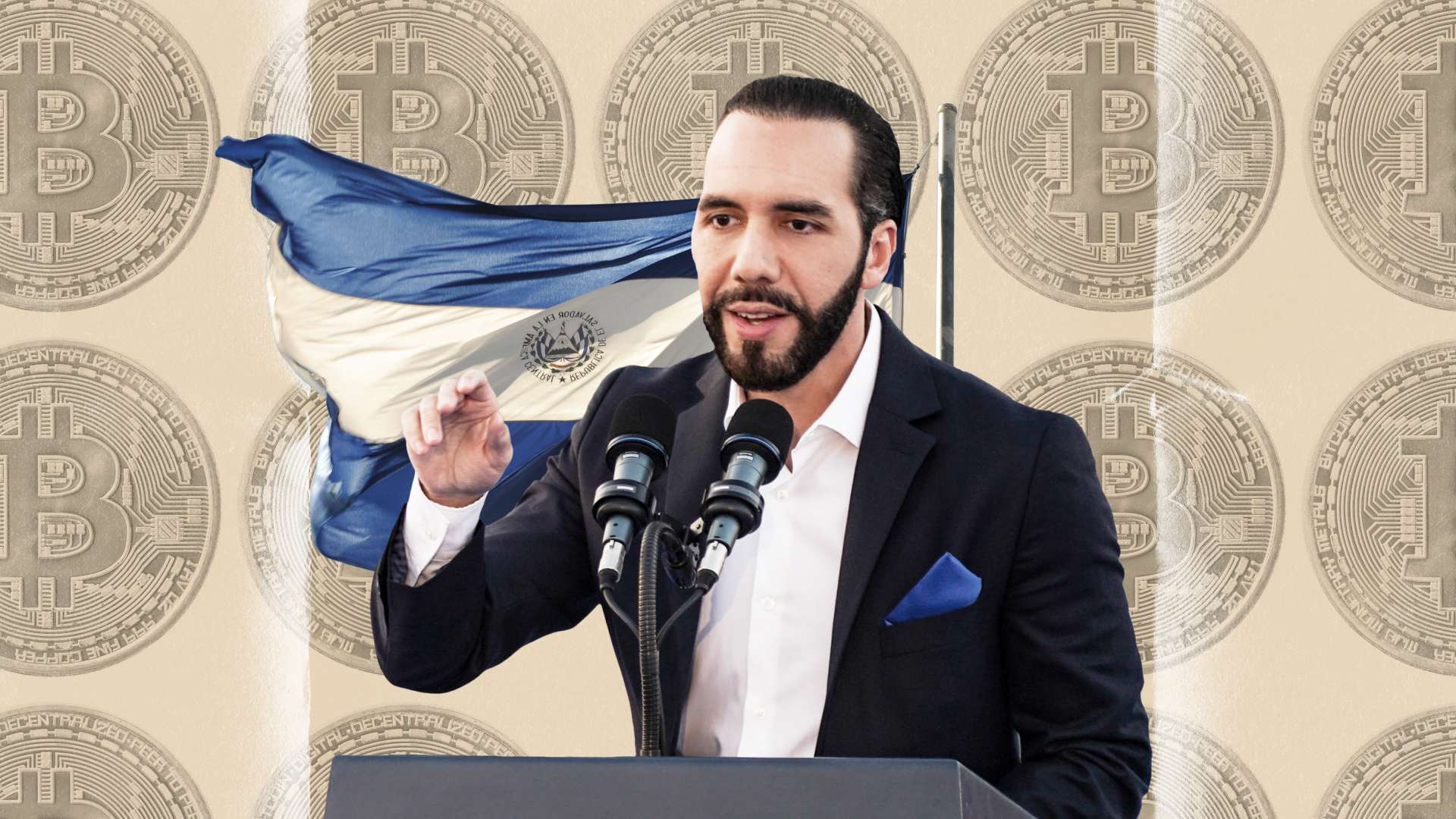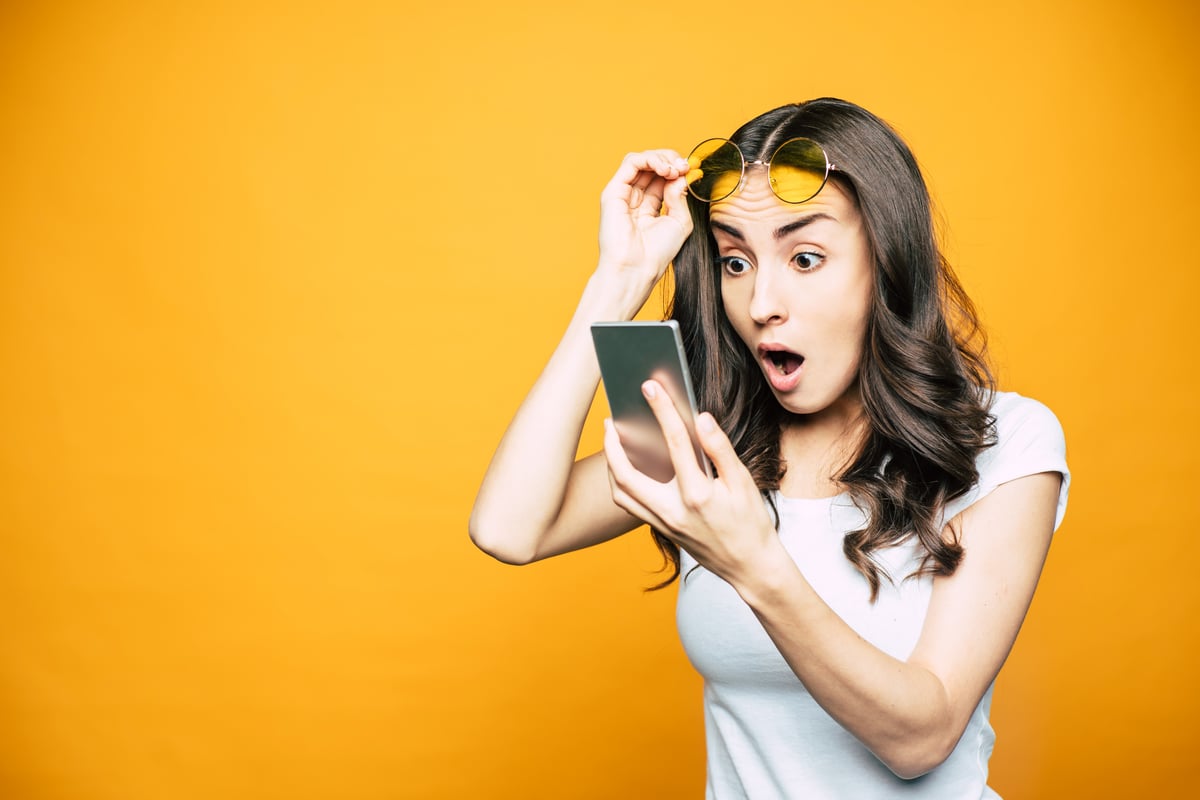The Bitcoin Promise in El Salvador
When President Nayib Bukele promised that bitcoin would be accepted everywhere in El Salvador, it seemed like a glimpse into the future—a world where cryptocurrency would be woven into everyday life. However, after a visit, the reality was starkly different. Not a single business accepted my bitcoin.
In September 2021, El Salvador became the world's first country to adopt bitcoin as legal tender alongside the U.S. dollar. The vision was ambitious: Bukele claimed it would "improve the lives and the future of millions," facilitating access to financial services in a country where traditional banking is often out of reach.
To incentivize adoption, the government launched the Chivo wallet app, offering $30 in bitcoin to anyone who signed up. Bitcoin ATMs appeared nationwide, and plans for Bitcoin City, a tax-free metropolis powered by geothermal energy from a volcano, were unveiled. El Salvador was on its way to becoming a global crypto hub.
Reality Check
Yet my experience in El Salvador revealed a significant gap between promise and reality. At various establishments, my attempts to pay with bitcoin were met with confusion or outright rejection. Despite a 2021 law requiring businesses to accept bitcoin, every place I visited turned it down, leaving me with puzzled looks from cashiers and waiters.
A recent survey from Francisco Gavidia University found that 92% of Salvadorans don't use bitcoin, up from 88% in a previous study. Locals expressed various reasons for opting out. Some, like a waiter at Lake Coatepeque, avoided the app due to privacy concerns, while others admitted they simply didn't understand how bitcoin worked or were deterred by technical glitches in the Chivo wallet.
Only about 20% of citizens downloaded the Chivo wallet and claimed the $30 bonus, a surprisingly low rate considering the allure of free bitcoin. Despite low adoption rates, Bukele remains committed to his vision, amassing around 6,000 bitcoin for the country and planning to buy more.
Concerns and Future Focus
Interestingly, when respondents were asked what should be the main focus for the country's future, only 1.3% mentioned bitcoin. Meanwhile, the International Monetary Fund expressed concerns about El Salvador's bitcoin experiment, advising a narrowing of the bitcoin law's scope and enhancing regulatory oversight.
Although bitcoin usage might be more prevalent in the capital or in crypto hotspots like Bitcoin Beach, adoption remains limited elsewhere. For now, Bukele's bitcoin revolution feels more like a distant vision than a daily reality for most Salvadorans.






Comments
Join Our Community
Sign up to share your thoughts, engage with others, and become part of our growing community.
No comments yet
Be the first to share your thoughts and start the conversation!